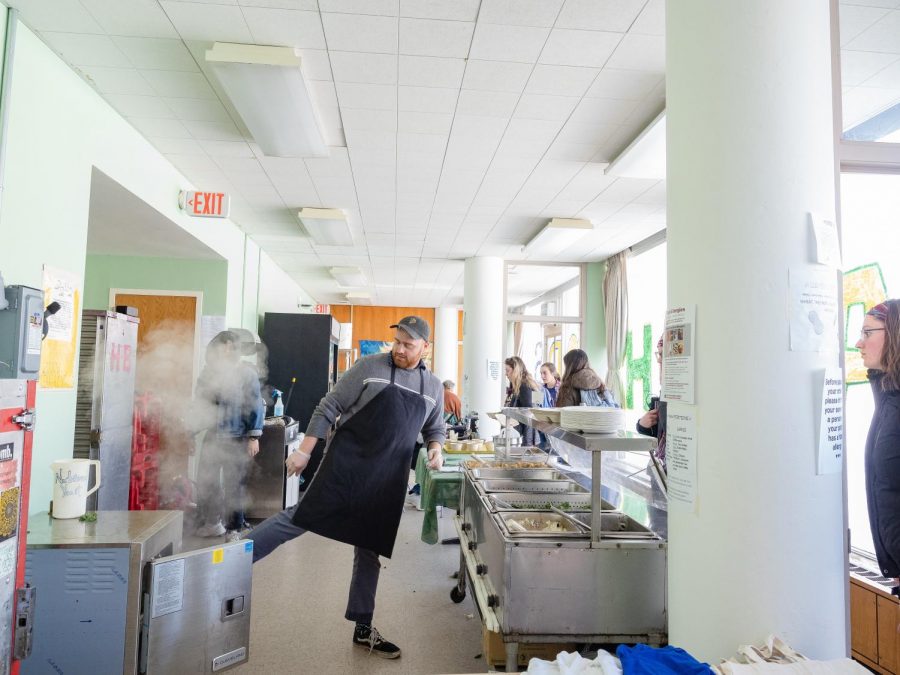
Ben Taylor, a University of Massachusetts senior, faces the grim reality of having to pay back over $30 thousand in debt after graduation. He, like many other soon-to-be college graduates, not only face mounting debt, but an increasingly competitive job market.
Taylor, an intern for Public Higher Education of Massachusetts (PHENOM) and political science major, feels “anxious” thinking about having to pay off his mounting debt.
“The average student debt burden is over $20 thousand,” said Taylor, “with outliers of $50 thousand.”
The economic crisis hit public education hard. Faced with balancing state budgets, lawmakers of many states dialed back on funding for public higher education to the chagrin of many in the higher education system.
The aftermath of the recession was somewhat softened by funding from the American Recovery and Reinvestment Act of 2009, which has saved UMass in recent years from having to drastically increase fees.
UMass administrators discuss the need to increase revenue while consolidating departments to cut costs. However, with cut-off of stimulus money from the federal government in FY11 UMass faces another possible hike in fees.
University spokesperson Ed Blaguszewski asserted that the administration is making a concerted effort to raise revenue and has no plans as of yet to increase student fees. However, Blaguszewski did not rule out any fee hikes in the future.
“Any decision on increasing fees is made at the Board of Trustees in Boston,” Blaguszewski said.
Blaguszewski said the UMass Trustees would draw-up the budget in spring after the state legislature creates its budget for the Commonwealth.
“[There is] no one solution in terms of meeting a budget gap, but we’ll look to be as efficient as possible to run the University everyday,” Blaguszewski said.
The spokesperson outlined several strategies the University has taken to increase revenue including; recruiting out-of-state students and research ventures that create patents.
However, some feel it should be the mission of the University to put more focus on recruiting middle and lower class students from Massachusetts.
Actively recruiting out-of-state students to Ben Taylor is “abandoning the core idea of public colleges,” which he believes to be serving those in lower income brackets gain a quality education at a reasonable price.
Ferd Wulkan, PHENOM organizer of Western Mass., described the tendency of universities to recruit more out-of-state students as a “circular firing squad.”
“This funding crisis could turn into a debt crisis,” said Wulkan, “and [like the housing market] the next bubble to burst.”
According to an article in The Valley Advocate entitled “Killer Loans,” the total debt for 2010 topped $800 billion.
“The size of student loans has been ballooning,” said Taylor. “[A] solution is student activism with students, faculty and staff putting pressure on the state [to increase funding to public higher education.]”
Taylor said most of the money to cover the operating cost for UMass should be coming from the Commonwealth. This added revenue would potentially make public higher education more affordable and accessible to individuals lower on the income bracket.
R.P. Hitt can be reached at [email protected].











